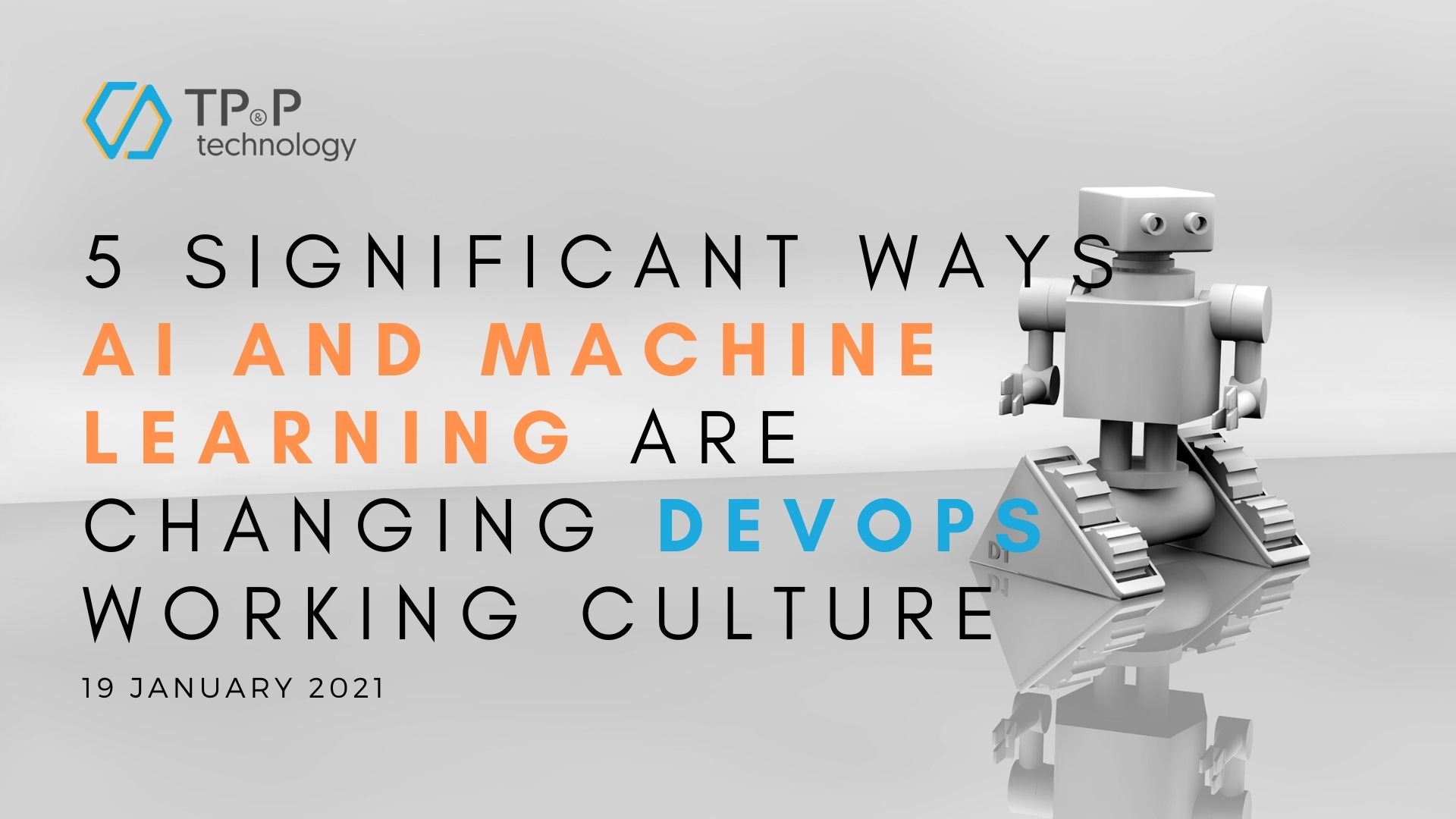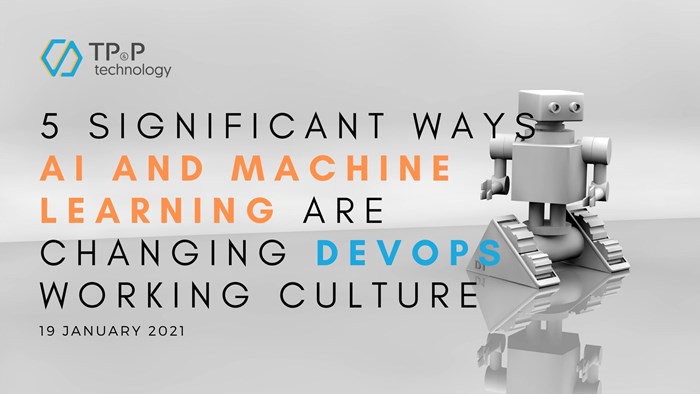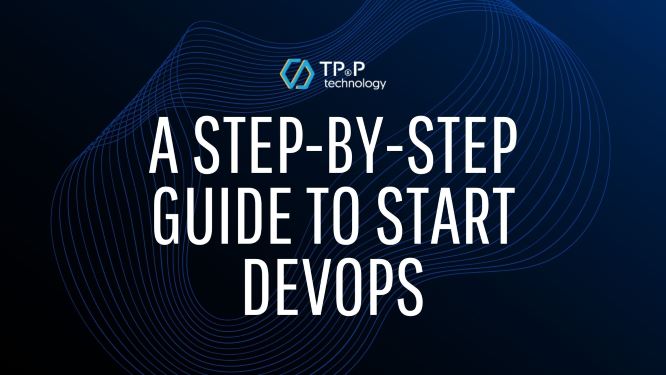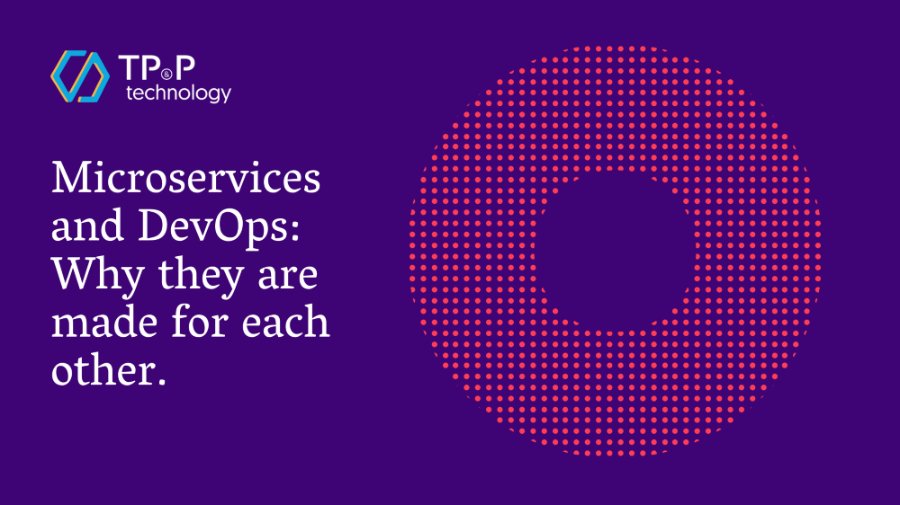
5 Significant Ways AI and Machine Learning Are Changing DevOps Working Culture
Monitoring and managing a DevOps environment can be complicated. The rapid increase in data makes it difficult for DevOps teams to absorb and efficiently deploy information to evaluate and solve customer problems. Imagine a group navigating through extra bytes of data looking for the key events that triggered the event; they will eventually spend hundreds of hours identifying the problem.
Many of such essential problems can be solved with artificial intelligence technology. Enterprises can transform and improve their DevOps environments by deploying AI systems within. As it is difficult for humans to process large amounts of data, AI has become a driving force for solutions, which has changed the way teams develop, deploy, deliver, and manage applications. Before we learn AI’s role in transforming DevOps, let us first understand how AI and DevOps are related.
How DevOps and AI Work Together
DevOps uses a business-driven approach to deliver products, and AI technology can be integrated into the system to improve functionality. By utilizing AI-powered technologies, DevOps teams can maximize the use of information, plus helping to accurately and efficiently simplify product testing, coding, releasing, and monitoring. It also plays a vital role in improving automation, quickly detecting and solving problems, and improving collaboration between teams.

Artificial intelligence provides a significant boost to DevOps’ efficiency. Many AI tools allow users to map and integrate data according to the business’s speed, thereby helping companies make decisions easier and delivering an enjoyable customer experience. A machine learning system can simplify the way a DevOps system operates with data to create value.
Below are the top five reasons for you to implement AI-based solutions in the DevOps culture:
Increase the access to data
One of the most critical issues in the DevOps working culture is the lack of unrestricted data access. It holds back the business user’s capability to use data to make decisions and ultimately makes it difficult for organizations to operate their business. AI-based data mapping technology allows users to process and trove fragmented data faster, which can then be integrated into a unified database. They can use machine learning algorithms to map data more quickly without error.
*Data mapping is the process of creating data element mappings between two distinct data models.
In brief, machine learning data mapping tools allow users to map big data efficiently and accurately. Additionally, these tools can integrate data silos throughout the business ecosystem to get accurate customer insights; thus, improving data quality and efficiency. As a result, AI can tackle any organization's problems to help users make decisions without compromising on speed or accuracy. AI can consolidate data from multiple sources and prepare it for more consistent analysis.
Timely notifications and alerts
The DevOps team must have a fair warning and notification system to find defects immediately. Sometimes the number of notifications is vast, and all messages are marked with the same severity. When a massive number of messages appear, it can negatively impact the team’s response rate. AI-powered technology can prioritize responses based on the information gained from past behavior, the alert’s intensity, and source. Consequently, the team can confidently manage the tsunami of data.
Execution efficiency can be improved
We can realize the transition from the rule-based, human management of analysis to self-governed systems via AI. This allows business users to reduce analytical complexity and achieve a certain level of change adaptation regarding digital transformation.
Irregularity detection capabilities
Protecting security systems is vitally essential for almost any business. AI and machine learning can help increase security by allowing the data environment to be encrypted. Only authorized people can authenticate access to the data (AI-driven data integration tools play an essential role). Machine learning algorithms can help the user simplify any irregularity detection to boot. In short, the combination of AI and DevOps will help improve performance and prevent data breaches or cyber-attacks.
Collaborate effectively
The less disruption is, the more productivity and collaboration is. AI engines can help developers issue code at high speed to minimize disruption. AI can create a collaborative DevOps working environment to help companies create massive value, maximize and speed up ROI, and ultimately make it easier for them to do business with.
AI-based systems support the DevOps team by providing a unified view of data and applications in the DevOps chain. It can also improve the data analysis’s accuracy because anomalies can be found and corrected almost immediately.
Side-note
If you think of implementing DevOps, you need reliable DevOps consulting services to transform the way your team develops software while improving efficiency. Our team of experienced and dedicated engineers can help your business in your DevOps journey! We are proud to be the top Vietnam software outsourcing company that also offers a team of experienced Vietnam Machine Learning engineers that can help you code your dream into reality.
Drop us a line so that we can get in touch with you ASAP!



